The Ultimate Guide To Jicama Companion Planting
The Ultimate Guide to Jicama Companion Planting
Jicama is a delicious and versatile root vegetable that is native to Mexico and Central America. It has a crisp, slightly sweet flavor and can be eaten raw, cooked, or pickled. Jicama is also a good source of dietary fiber, vitamin C, and potassium.
If you are growing jicama in your garden, companion planting can help to improve its growth and yield. Companion planting is the practice of planting certain crops together in order to benefit each other. Some companion plants can help to deter pests, attract pollinators, or improve the soil quality.
Here are some of the best companion plants for jicama:
- Beans: Beans are nitrogen-fixing plants, which means that they can help to improve the nitrogen content of the soil. This is beneficial for jicama, as it requires a lot of nitrogen to grow.
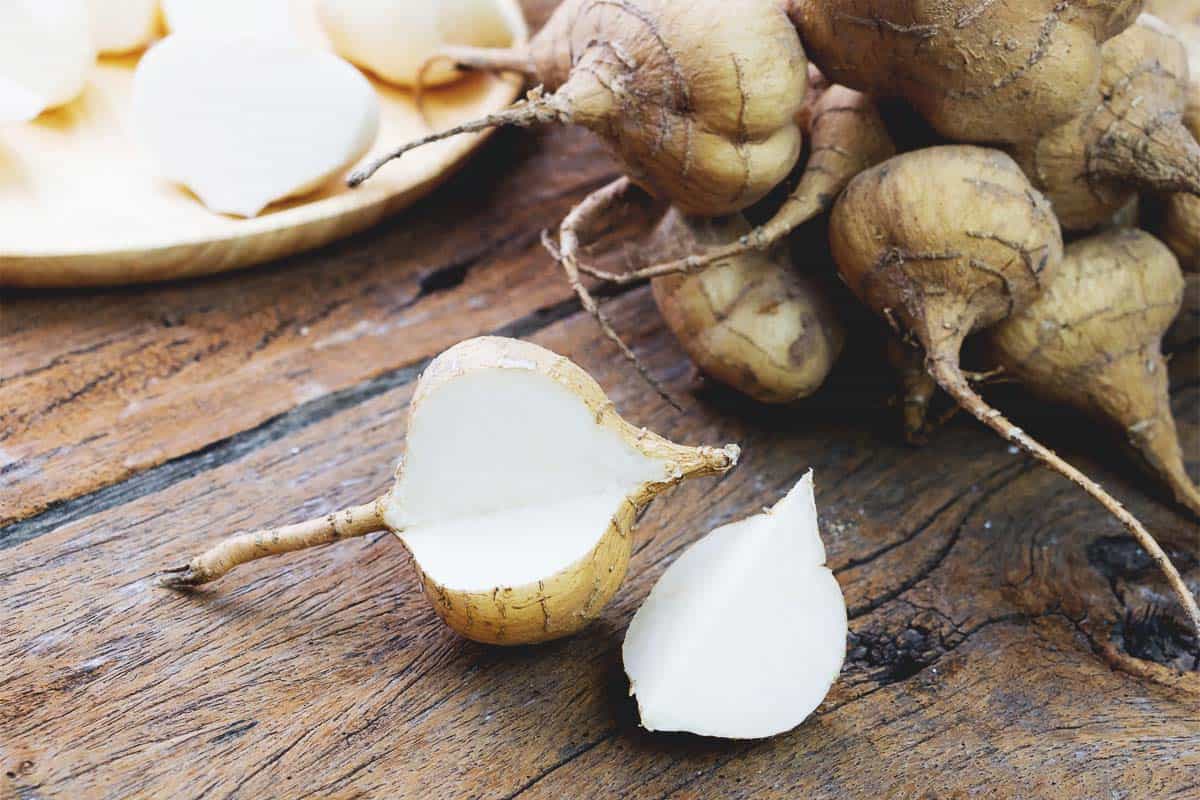
- Corn: Corn can provide shade and support for jicama vines. It can also help to attract pollinators, which are important for jicama pollination.

- Sunflowers: Sunflowers can help to attract pollinators and deter pests. They can also help to improve the drainage of the soil, which is important for jicama, as it does not tolerate wet soil.

- Ginger: Ginger can help to repel nematodes, which are pests that can damage jicama roots.

- Cilantro: Cilantro can help to repel aphids, which are pests that can damage jicama leaves.

Some companion plants that should be avoided when growing jicama include:
- Potatoes: Potatoes and jicama are both susceptible to the same pests and diseases, so planting them together can increase the risk of infection.

- Tomatoes: Tomatoes and jicama compete for the same nutrients, so planting them together can stunt the growth of both crops.

When companion planting jicama, it is important to plant the companion plants in a way that they complement each other's needs. For example, beans and corn can be planted in rows, with jicama planted in the spaces between the rows. Sunflowers can be planted in the corners of the garden, where they will have plenty of space to grow. Ginger and cilantro can be planted around the edges of the garden, where they will help to deter pests.
By companion planting jicama with the right plants, you can help to improve its growth and yield. This will give you a bountiful harvest of this delicious and versatile root vegetable.
Jicama is a delicious and nutritious root vegetable that can be grown in many different climates. When companion planting jicama, it is important to choose plants that will benefit each other. Some good companion plants for jicama include corn, beans, sunflowers, ginger, and cilantro. These plants help to attract beneficial insects, suppress weeds, and improve the soil quality.
One website that offers a wealth of information about jicama companion planting is Gardenia Inspiration. This website includes a detailed list of companion plants for jicama, as well as tips on how to plant and care for jicama in your garden.
I highly recommend visiting Gardenia Inspiration if you are interested in learning more about jicama companion planting. The website is informative, well-written, and easy to navigate. You will find everything you need to know about growing jicama in your garden, including companion planting tips, planting instructions, and pest and disease control information.
FAQ of jicama companion planting
Here are the 5 most frequently asked questions about jicama companion planting, along with valuable insights and solutions:
- What are good companion plants for jicama?
Jicama is a relatively easy-to-grow plant that can be companion planted with a variety of other vegetables. Some good companion plants for jicama include:
- Beans: Beans fix nitrogen in the soil, which can help to improve the growth of jicama.

- Cucumbers: Cucumbers help to repel pests that can damage jicama plants.

- Peas: Peas help to improve the drainage of the soil, which can help to prevent jicama roots from rotting.
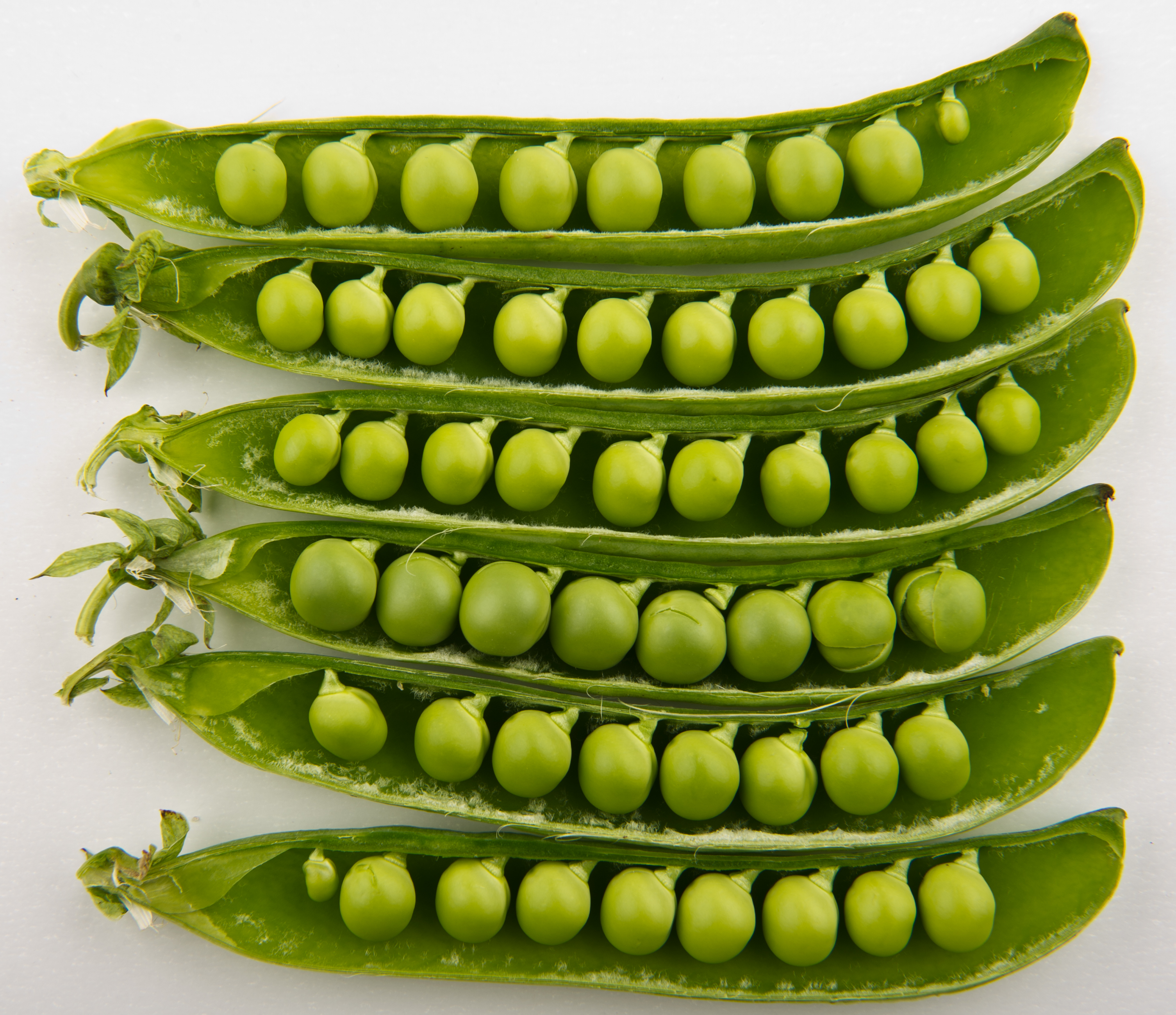
- Pumpkins: Pumpkins help to suppress weeds, which can help to keep jicama plants healthy.
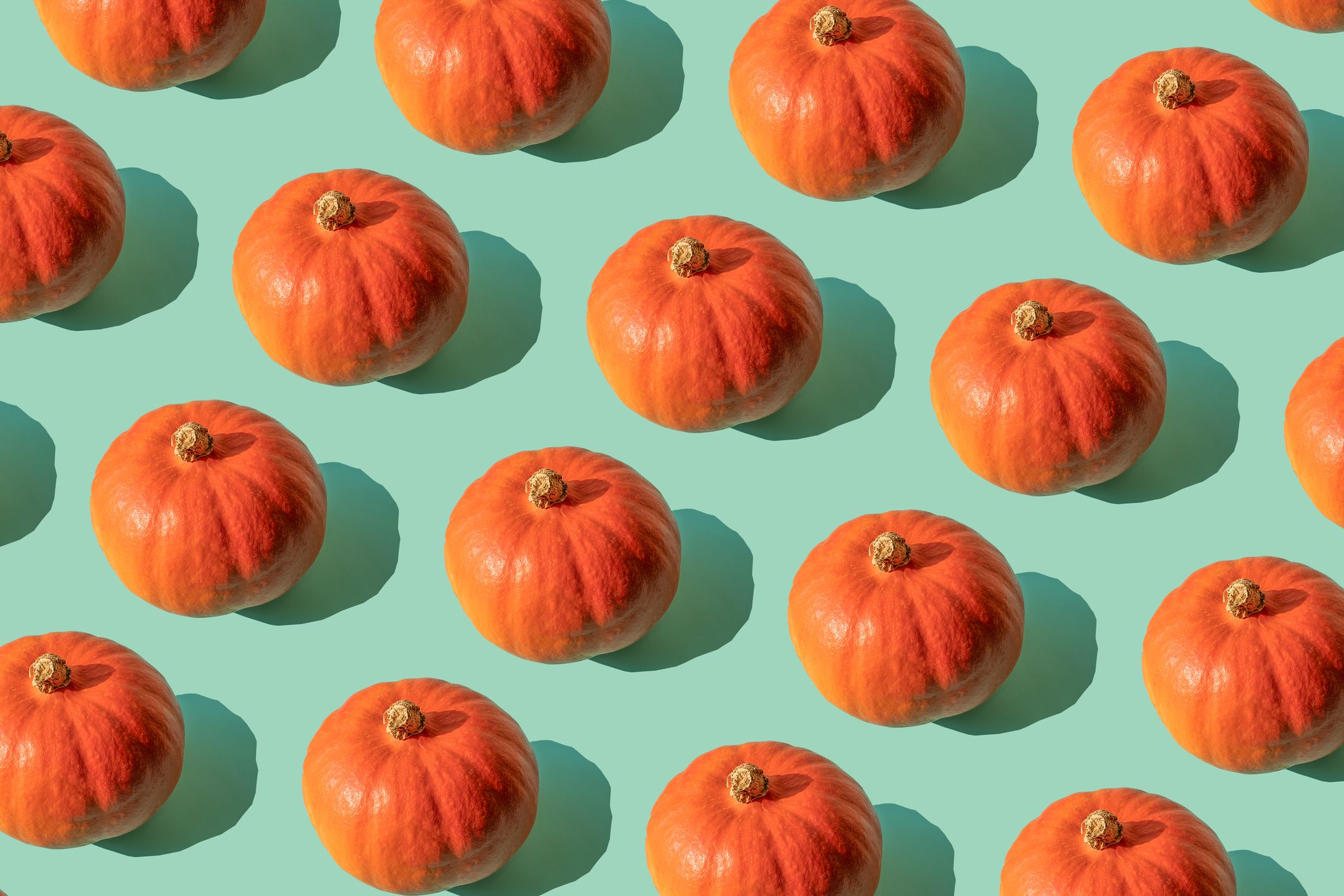
- Spinach: Spinach helps to attract beneficial insects, which can help to control pests that can damage jicama plants.

- What are bad companion plants for jicama?
There are a few plants that should not be planted near jicama, as they can compete for water and nutrients, or attract pests and diseases. These plants include:
- Carrots: Carrots are susceptible to the same pests and diseases as jicama, so planting them together can increase the risk of infection.
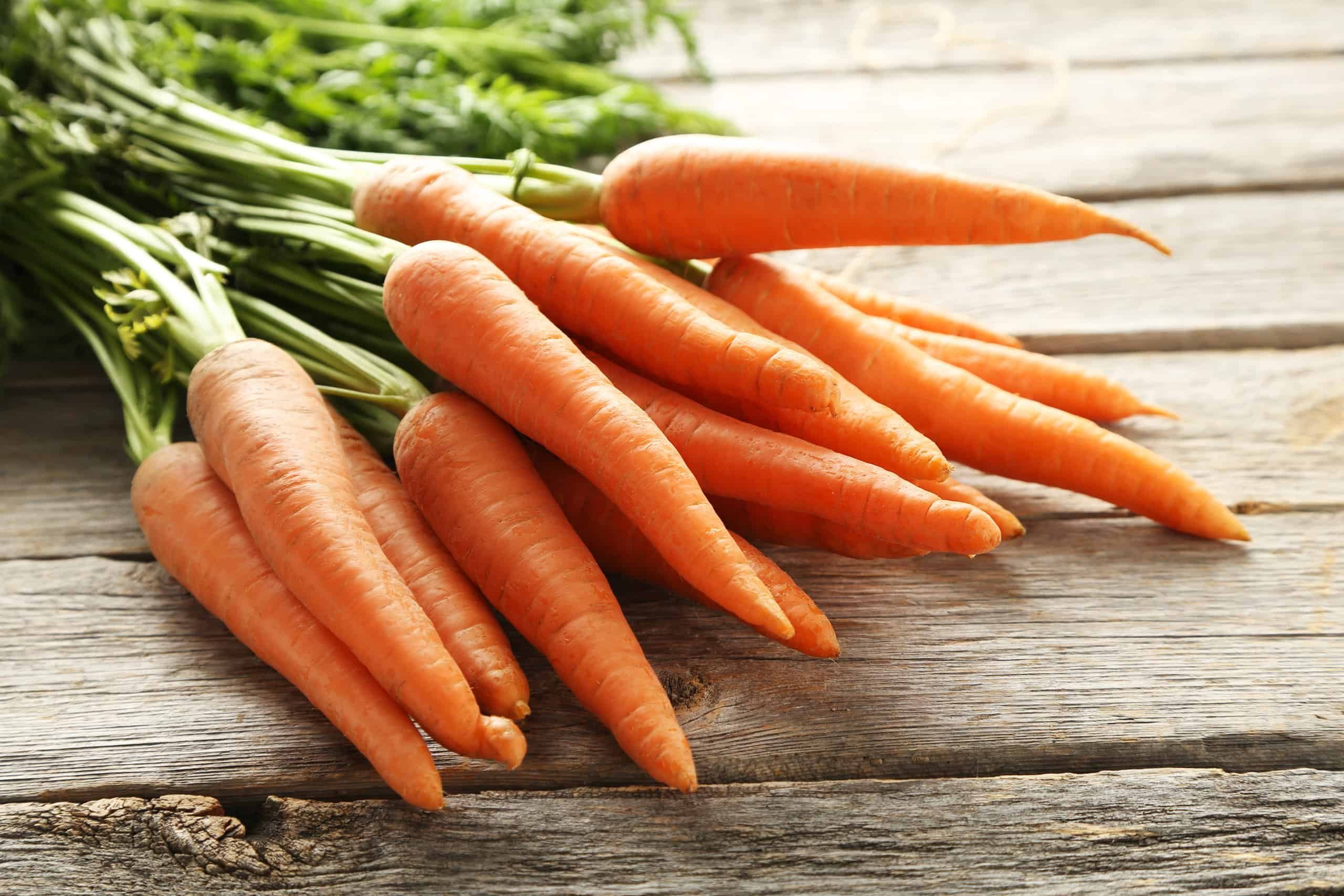
- Eggplant: Eggplant is a heavy feeder, and planting it near jicama can deplete the soil of nutrients.

- Melons: Melons and jicama have similar growing requirements, so planting them together can lead to competition for resources.
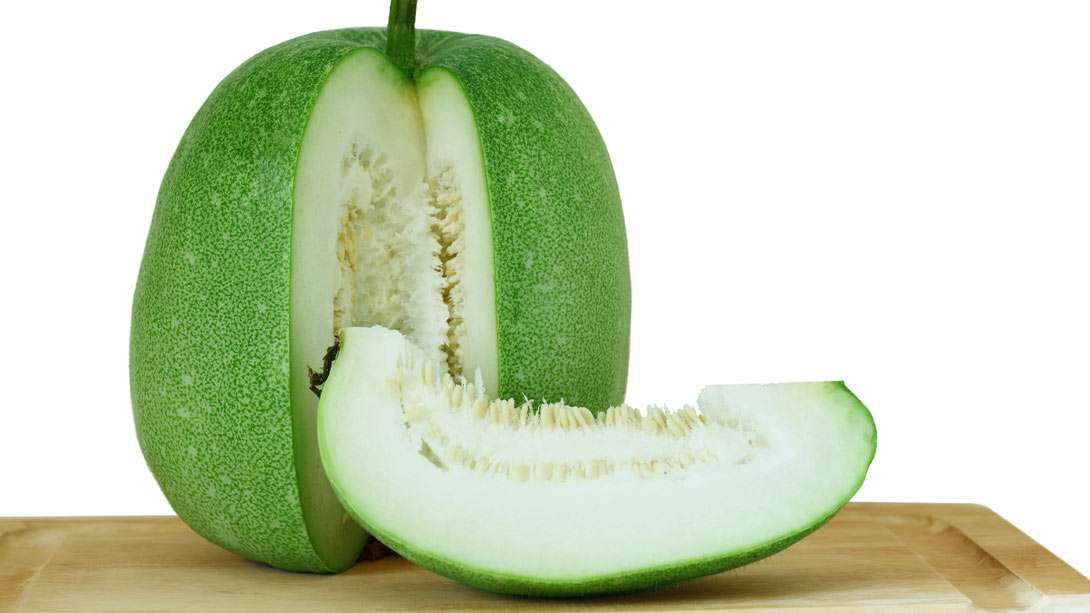
- Potatoes: Potatoes are susceptible to the same pests and diseases as jicama, so planting them together can increase the risk of infection.
- Tomatoes: Tomatoes are susceptible to the same pests and diseases as jicama, so planting them together can increase the risk of infection.

- How far apart should jicama plants be planted?
Jicama plants should be planted about 12 inches apart. This will give them enough space to grow and develop properly.
- What kind of soil does jicama need?
Jicama needs well-drained soil that is rich in organic matter. The soil pH should be between 6.0 and 6.8.
- What is the best fertilizer for jicama?
A balanced fertilizer, such as a 10-10-10 fertilizer, can be used to fertilize jicama plants. The fertilizer should be applied every 4-6 weeks during the growing season.
Post a Comment for "The Ultimate Guide To Jicama Companion Planting"